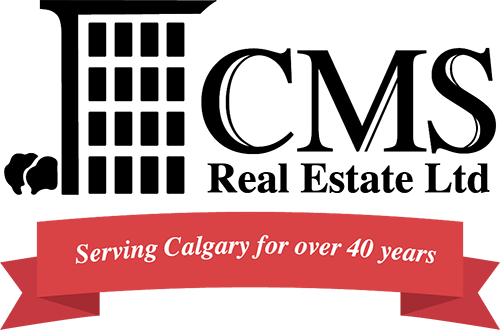Finding a commercial place for lease is an exciting time for any entrepreneur. It indicates that the business is thriving and scaling enough to require office space or a storefront. During the search, however, it is important to remain diligent and well-informed about the office space you’re renting. It is also a valuable review of your current business situation to ensure that your current space best matches your needs and related costs.
Understanding the basics of renting a commercial space is the first step to ensuring that you and your business are set up for success before you move in. Here is what you need to know when searching for a commercial property.
Finding the Right Location
Choosing a location for your business requires careful research and consideration. By defining your needs, evaluating accessibility, reviewing local zoning regulations, and analyzing costs, you’ll be better positioned to find a location that aligns with your business goals. Unlike purchasing real estate, leasing focuses more on operational needs, so it’s essential to think about your business’s long-term growth and how the location supports that.
What rules and regulations apply to parking around the facility and outside the property? Does that affect lease condition or property use? Think about the pressures of car parking experienced by employees and clients. How will vehicles move through the building at certain times? Determining the answers to these questions will help find the right location for your commercial property.
Patience is equally important when finding a commercial lease. Rushing into a decision may lead to costly mistakes, so allowing ample time for research, visits, and negotiations is crucial. Even when you find a seemingly perfect space, taking a day to review the terms and details carefully can help avoid potential pitfalls.
Defining Your Space Requirements
Selecting the right location becomes crucial after determining the commercial space that suits your business. Whether you’re looking for retail, office, or industrial space, your location can significantly impact your business’s growth and customer accessibility. Each type of business has unique requirements, so list your top criteria—like size, parking, and proximity to suppliers or customers—and prioritize them.
Leasing Strategy and Budgeting
When preparing to lease a commercial property, it’s vital to establish a clear budget. Beyond the monthly rent, businesses should account for additional expenses such as cleaning and maintenance, property taxes, utilities, business insurance, permits, and potential costs for new equipment, furniture, and relocation downtime. Every business has unique financial needs, so defining minimum and maximum allocations can streamline the search process and ensure you focus on suitable locations.
Getting Expert Advice
Working with commercial real estate advisors early in the process will provide valuable insights into the local market and the leasing process. A commercial real estate agent can guide you through available options, zoning requirements, and leasing terms. It’s also helpful to consult with colleagues or business partners with experience leasing commercial properties to gain practical advice.
Exploring Your Leasing Options
Approach your property search with flexibility in mind. While having a clear vision of what you need is essential, you may need to adjust your expectations based on market availability or budget constraints. Consider expanding your search or looking at more remote locations, which may offer lower rents. A knowledgeable real estate agent can guide you through the available options and help you find a lease that fits your needs.
Negotiating Lease Terms
Lease agreements are rarely set in stone, so don’t hesitate to negotiate. Understand all the associated costs and clarify who is responsible for maintenance, property tax, and insurance. You can also negotiate for rent-free periods, tenant improvements, or allowances for renovations. It’s important to have your lease agreement reviewed by a legal professional or real estate expert to safeguard your business interests.
Planning Your Move
Once your lease is secured, carefully plan the transition to the new space. Allocate enough time for making improvements, moving, and having a smooth transition with minimal disruption to your operations. Keep in mind that transitions often take longer than expected, so it’s important to account for potential delays.
Guidance from CMS Real Estate
At CMS Real Estate Ltd., we specialize in helping find the perfect commercial property for your business. With over 40 years of experience in Calgary’s commercial real estate market, we’re here to help you navigate the leasing process and secure a property that supports your business’s growth.
Ready to learn more about our commercial property leasing services in Calgary? Contact CMS Real Estate today.
- Gerry Macdonald Sr: (403) 219-0151
- Gerry Macdonald Jr: (403) 219-0161
- Jessica Macdonald: (403) 291-0425
Blog posts from CMS Real Estate are for general information only. The content should not be considered real estate management or investment advice. If you are in need of professional real estate advice, please contact our team.
